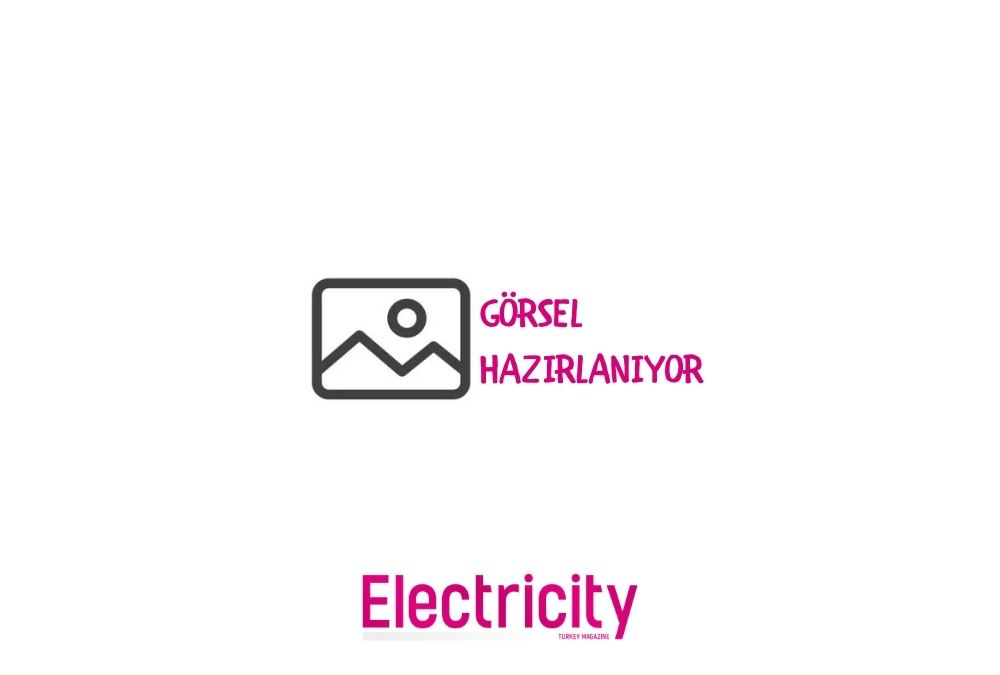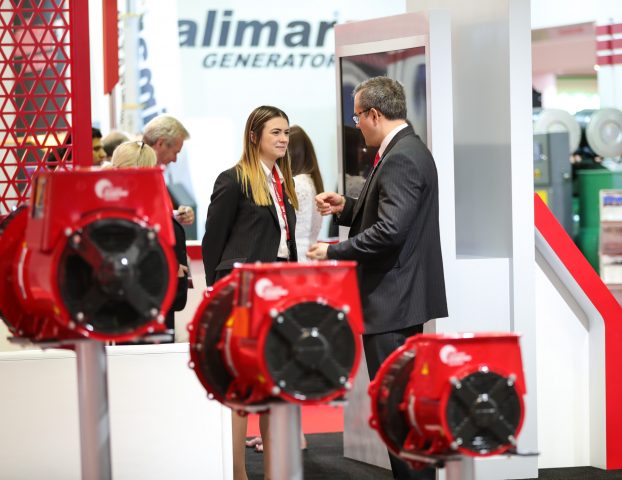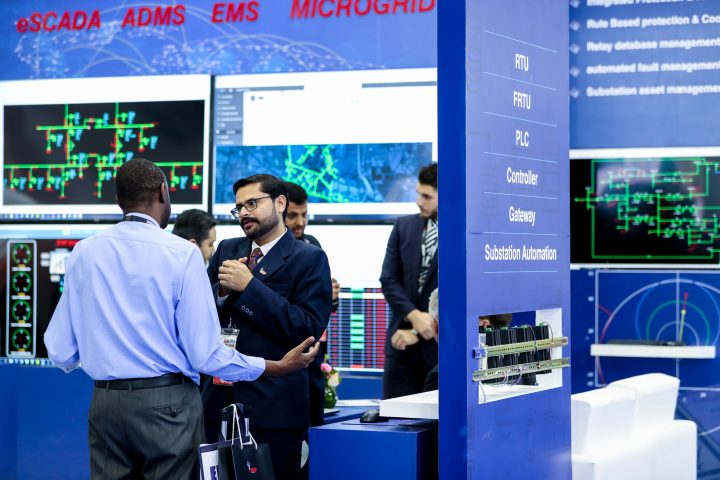

The Middle East's energy and utilities sector is undergoing an unprecedented transformation with the shift to renewable energy and digital innovation, which are at the heart of ambitious energy diversification programs. As governments seek to improve energy security and maximize returns from hydrocarbon sources, utility companies are pushing some of the world's largest renewable energy projects even further.


In 2019, several milestones for clean energy were reached across the region, including the commissioning of the 1.17GW Sweihan independent electric power plant (IPP) in Abu Dhabi, the world's largest single-site photovoltaic (PV) solar power plant. Shortly after the commissioning of the Sweihan plant in March, the neighbouring emirate of Dubai reached financial close with its $4.3 billion concentrated solar power (CSP) project, the world's largest single-zone energy investment project.
As governments seek to meet growing power demand, the initiative to integrate alternative energy sources into supply companies' networks will gain momentum in 2020. Electricity demand in the Middle East is projected to triple by 2050, as rapid population growth, combined with ambitious industrial and economic expansion programs, is driving a growing need for power. Energy and public supply agencies estimate that installed power generation capacity should increase by 35 percent by 2025 to meet growing demand.

Reduce costs and emissions

After electricity generation in the region has been predominantly driven by oil and gas since the 1970s, supply companies are trying to diversify fuel sources for power generation, and renewable energy sources are at the heart of their plans.

At the Paris COP 21 energy conference in 2015, global targets to reduce carbon emissions made headlines around the world, while the support needed for renewable energy production is provided by the economy. The incentive for clean energy is driven by a sharp reduction in the cost of solar and wind energy technologies, as the cost of PV solar and wind power installation has fallen by 73 percent and 80 percent, respectively, since 2010.
Much of the reduction in the cost of providing utility-scale renewable power plants has been spurred by Middle Eastern and North African plants, with the United Arab Emirates, Saudi Arabia and Egypt all breaking records in solar and wind energy tariffs since 2015.

Growing opportunities

According to data from the International Renewable Energy Agency (Irena), 167 GW of renewable energy capacity was installed globally in 2017; this accounts for 61 percent of the installed additional power capacity. That's more than double the capacity of new fossil fuel plants, up to 27 percent.

While the percentage of clean energy in the Middle East has been modest to date, with solar and wind energy installed in the region accounting for 2,350 MW and 434 MW, respectively, in 2017, regional supply companies stand out with some of the world's largest clean energy programs.
Energy and public procurement agencies estimate that there are currently $100 billion of clean energy projects on the project line; A total investment in clean energy is expected to exceed $300 billion by 2050 for the region's supply agencies to meet their ambitious targets.
Saudi Arabia's target to install 58.7GW of renewable energy by 2030 will offer the most exciting opportunities for regional and international investors and energy firms. The Kingdom's Office of Renewable Project Development (Repdo) plans to launch tenders for the 1.6GW third round of the National Renewable Energy Programme (NREP) by the end of 2019.

The UAE will continue to be the focal point of the clean energy transition, with a goal of 50 percent of its energy being generated by carbon-free sources by 2050. Following proposals in November for a planned 2GW Dhafra standalone solar power plant in Abu Dhabi, the emirate is already working on plans for its next major solar project, PV 3, which is planned to be 1.5GW-2GW.
In Dubai, a consortium headed by Saudi Arabia's Acwa Power submitted a record-low tariff of $1,695 cents per kwh ($c/kWh) for the fifth phase of Mohammed bin Rashid's (MBR) solar development in October. With Dubai setting a more ambitious target of clean energy accounting for 75% of total energy by 2050, the emirate is likely to remain a key driver of renewable energy distribution across the region.

An important part of Middle East Energy, the new name of Middle East Electricity, the world-famous energy fair that has been bringing together international sector professionals for 44 years, will be the concept of "integrating renewable energies into the energy sector of the region". Dubai World Trade Center - Clean energy will have its own section at the exhibition, which will take place at the Dubai Energy Trade Center from 3-5 March 2020.
Gareth Rapley, Sector Group President at Informa Markets, the promoter of Middle East Energy, said renewable energy is no longer just a concept, but has taken a central position at the region's leading public procurement event.

"Thanks to well-designed tenders, favorable financing conditions and reduced technology costs, renewable energy sources are becoming mainstream. Based on the renewables targets already in place, the UAE-led region could save 354 million barrels of oil, equivalent to a 23% reduction by 2030, reduce the energy sector's carbon dioxide emissions by 22% and reduce the electricity sector's water use by 17%."
Middle East Energy, organized under the auspices of His Excellency Sheikh Maktoum Bin Mohammed Bin Rashid Al Maktoum, Acting Ruler of Dubai, and hosted by the Ministry of Energy of the United Arab Emirates, will take place at the Dubai World Trade Center from 3 to 5 March 2020.
 SİZİN DÜŞÜNCELERİNİZ?
SİZİN DÜŞÜNCELERİNİZ?